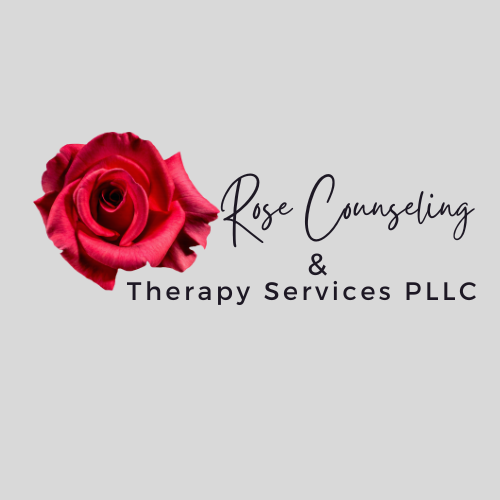Signs You Might Need to See a Therapist
Life can feel overwhelming at times. Maybe you're juggling too many responsibilities or facing a crisis that shakes your core. When the weight becomes unbearable, and your usual coping strategies stop working, it might be time to consider seeing a therapist. Here are some signs that could indicate therapy would be helpful:
Difficulty Managing Daily Life
Simple tasks like cleaning, running errands, or keeping up at work or school become hard to handle. If you're overwhelmed by the basics of daily living, it could be a sign that you need professional help.
Changes in Sleep Patterns
Are you having trouble falling, staying, or sleeping too much? Disrupted sleep can affect your mood, energy, and ability to cope with stress. A therapist can help uncover what's at the root of these changes.
Extreme Feelings of Anger
If you’re finding it difficult to control your anger or are feeling irritable more than usual, therapy could provide tools to manage those emotions in healthier ways.
Feelings of Depression
Depression isn't just about feeling sad; it can also include losing interest in activities you used to enjoy, changes in appetite or sleep, and a general sense of hopelessness. Therapy offers a space to explore these feelings and work towards healing.
Relationship Problems
Are you struggling to connect with your partner or form new relationships? A therapist can help address communication breakdowns, emotional disconnection, or recurring patterns that cause conflict.
Unpacking Past Traumas
If you're experiencing flashbacks, nightmares, or intrusive thoughts related to a traumatic event, therapy can be crucial in helping you process those experiences and move forward.
Substance Abuse
Turning to alcohol, drugs, or other unhealthy behaviors to cope is a red flag—therapy, whether cognitive-behavioral or another form, can help you break the cycle of addiction.
Your Loved Ones Are Concerned
If the people closest to you are expressing concern about your well-being, it’s worth considering professional help. They often see changes in us that we may overlook or deny.
Unhealthy Habits Are Forming
From excessive shopping to risky behaviors, these coping mechanisms might offer temporary relief, but over time, they can harm your mental health. Therapy can help you develop healthier ways to manage stress and anxiety.
Feeling Lost or Unsure of Yourself
Suppose you’re questioning who you are or struggling to make sense of your emotions and behaviors. Therapy offers a safe space to explore your identity and discover a clearer path.
Therapy is a Path to Healing
Many people think they need to handle their problems on their own, but the truth is that therapy can be a powerful tool in handling life’s challenges. Whether you're dealing with anxiety, depression, relationship troubles, or past trauma, a therapist can help you develop coping strategies and offer support along the way. If any of these signs resonate with you, reaching out to a therapist might be the first step toward healing.
